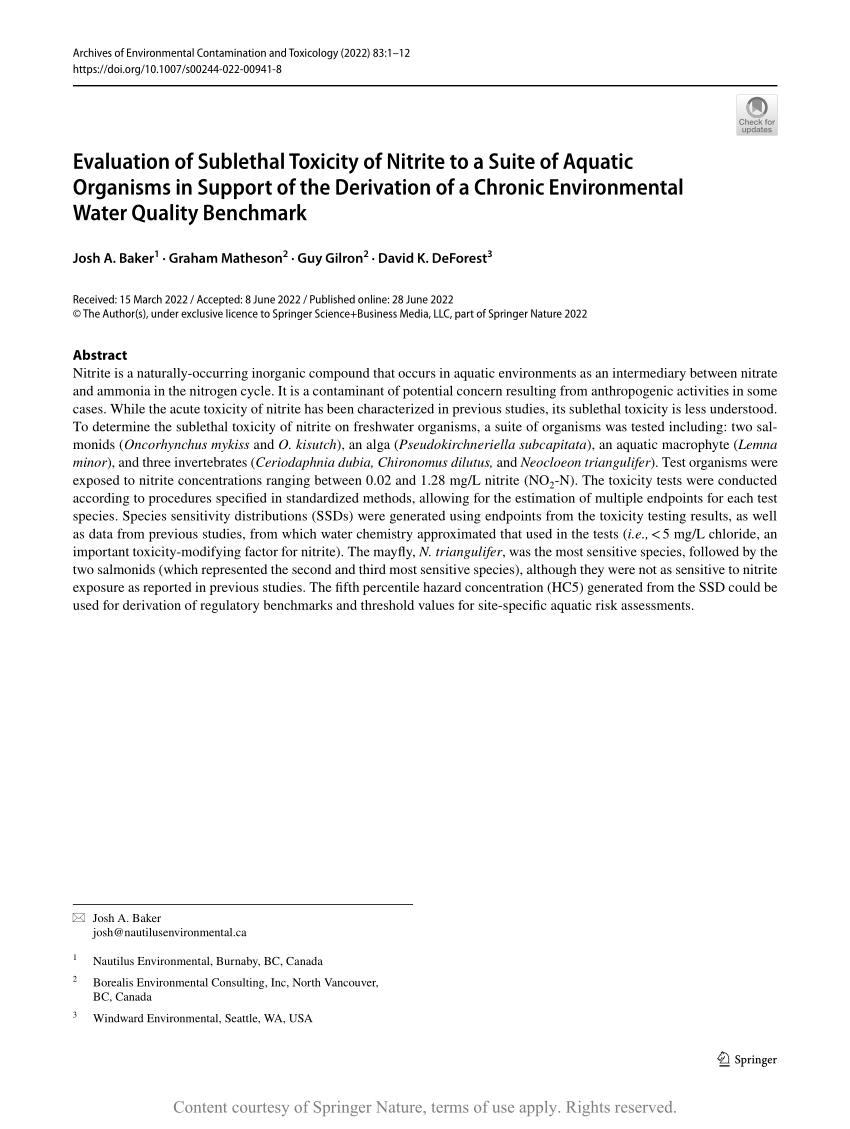
Despite having similar meanings advisor and adviser can be used in different ways. North America is where advisor is more common. This is because it is commonly used to describe official jobs, government roles and formal writing. It is also more commonly used for professional advisor titles. It has a more formal look due to the Latin suffix of -or.
Style guide by AP
Follow AP style guidelines when citing advisors and advisory personnel. In most cases, both first and last names must be capitalized. Degree abbreviations should be in lowercase. Academic Advising Community prefers AP Style. Certain requirements apply to the use of em dies and en dies in titles.
If you have the option to use advisor instead, avoid using the term "advisor." The New York Times for instance uses adviser rather than adviser. The AP Stylebook also agrees with this decision. However, the New York Times says advisor should be used more often in academic and professional circles. Some industries, such financial services, adhere to the Chicago Manual of Style. It doesn't follow AP Style.
Chicago Manual of Style
Several editors follow the Chicago Manual of Style when they write. While there is no definitive rule for spelling, the manual makes clear that a document should be consistent throughout. This means you should use the spelling preferred to the reader. However, there are some situations where you must use a different spelling. You might use "advisor" for professional correspondence, but "adviser" is appropriate for personal journals.

Stile is the third area of disagreement. Style is another area of disagreement. A style guide will help you correctly spell and pronounce words. You should also consider how certain terms are used in a particular institution.
Styles of the Associated Press
Journalists and editors who wish to be able to correctly write will find the AP Stylebook an indispensable guide. The Associated Press Stylebook is also known as The Associated Press Briefing On Media Law. The AP Stylebook was created by American journalists for The Associated Press. It is now a standard for journalists all over the world and a useful reference for the media.
AP style can help you ensure that your writing is clear, concise, and readable. This style makes it easier for journalists and allows you to communicate with them in a common language. Many corporations and PR agencies require their copyeditors take an AP style test. Your chances of being noticed will improve if your writing conforms to the AP style.
The difference between adviser and advisor
There are two meanings to the term adviser. Depending on the context adviser can mean either a person, or an entire organization. A person who gives advice to another person is called an adviser. It can also be used verbally and is often shortened to advisor. The -or suffix is typically found in official titles and academic work. It can also be found in professional titles such as financial advisor or national security advisor.
In the United States, the word advisor is most commonly used for formal writing, official job titles, and academic contexts. Although it is used in various government positions, it can also be used. The US uses adviser to designate a professional adviser.

Spelling differences
Although adviser sounds the same, they sound different. The American and European -er endings in adviser are more common. Some newspapers prefer this spelling. It is also more prevalent in U.S. official titles, especially in academic settings. They can both be used correctly in the exact same context.
The two titles may be held by the same person. However, adviser is more frequently used in the United States as well as in some official contexts. However, some grammarians believe that adviser is more formal than adviser. Despite their differences, both adviser have the exact same meaning. They only differ in how they're spelled or used in certain contexts.
FAQ
What can I anticipate from my consultant
Once you select your consultant, you should expect to hear back from them within a few days. They will typically ask for information about the company, such as its mission, goals. products and services. budget. Then, they'll send over a proposal outlining the scope of work, estimated time frame, fees, deliverables, milestones, etc.
If all goes well, the parties will then negotiate a written agreement. The terms of the contract will depend on the type of relationship between the two parties (e.g., employer-employee, employer-independent contractor).
If everything goes as planned, the consultant may begin to work immediately. S/he will have access to your internal documents and resources, and you'll have access to his/her skills and knowledge.
Don't think that consultants are experts. It takes time and practice to become an expert on any subject you consult. Don't expect your consultant know everything about your company.
What qualifications are necessary to become a consultant
Not only is it important to have an MBA but you should also have business consulting experience. At least two years experience in training and/or consulting for major companies is required.
You should have had experience working with senior management to create strategy. This requires you to feel confident presenting ideas to clients, and getting buy-in.
You will also need to pass a professional qualification test such as the Chartered Management Institute Certified Management Consultant certification (CMC).
What types of jobs are available as a consultant?
Being a consultant will require you to have a solid understanding of business strategy as well as operations. You need to be able to comprehend how businesses function and how they fit in with society.
To be successful as a consultant, you must have strong communication skills and an ability to think critically.
Because consultants may be required to perform different tasks at different times, they must be flexible. They must be flexible and able to change directions quickly if needed.
They should be prepared to travel extensively in support of their clients. This type of work can take them all over the world.
They must also be able handle stress and pressure well. Sometimes, consultants may be required to meet strict deadlines.
As a consultant you might work long hours. This means that you may not always get paid overtime rates.
Statistics
- According to IBISWorld, revenues in the consulting industry will exceed $261 billion in 2020. (nerdwallet.com)
- 67% of consultants start their consulting businesses after quitting their jobs, while 33% start while they're still at their jobs. (consultingsuccess.com)
- On average, your program increases the sales team's performance by 33%. (consultingsuccess.com)
- Over 50% of consultants get their first consulting client through a referral from their network. (consultingsuccess.com)
- Over 62% of consultants were dissatisfied with their former jobs before starting their consulting business. (consultingsuccess.com)
External Links
How To
What should I do to get started with a consulting business?
You can make a lot of money by setting up a consulting business. You don't have to have any business experience. To start your own consulting business, you can build a site. You can use social media platforms like Facebook, Twitter, LinkedIn and Instagram to promote your services.
You can use these tools to put together a plan for marketing that includes:
-
Writing content (blogs).
-
Establishing connections (contacts)
-
Generating leads (lead generation forms)
-
Selling products online
Once you have created your marketing strategy you will need to find clients that will pay for it. While some prefer to network through events and networking groups, others prefer to use online tools like Craigslist or Kijiji. The choice is up to you.
Once you have found clients, you should discuss terms and payment options. This could include hourly or flat fees as well as retainer agreements and flat fee contracts. It is important to clearly communicate with clients before you accept them as clients.
Hourly agreements are the most commonly used contract type for consultancy service. This contract allows you to pay a fixed amount each week or month for certain services. You may be able negotiate discounts depending on what service you offer. It is important to understand the terms of any contract you sign before you sign it.
The next step is to create invoices and send them to your clients. Invoicing is one thing that looks simple until it's actually done. There are many ways that you can invoice your clients depending on what your preferences are. Some people prefer to email their invoices directly, while others prefer to mail them hard copies. Whatever your preferred method, make sure it works well for you.
After you've finished creating invoices, you'll want to collect payments. PayPal is preferred by most because it is easy-to-use and offers multiple payment options. Other payment processors such as Square Cash. Google Wallet. Apple Pay. Venmo.
Once you're ready to begin collecting payments, you'll want to set up bank accounts. You can keep separate checking and savings accounts to track income as well as expenses. When paying bills, it is also beneficial to set up automatic transfer into your bank account.
While starting a consultancy company may seem daunting, once you master the basics, it becomes easy to manage. Check out this blog post for more information about starting a consultancy company.
It's a great way for extra income without having to worry about hiring employees. Remote consultants don't need to be tied down by office politics or work long hours. You have more flexibility than traditional employees because you aren't tied down by work hours.